The Problem with Centralized Platforms
Centralized platforms like X (formerly Twitter) and YouTube often face criticism for controlling public discourse. For instance:
- High-profile bans: X recently suspended Iranian Supreme Leader Ali Khamenei’s account for violating platform rules.
- Mass removals: In Q2 2024, YouTube’s automated systems removed 8.19 million videos, sparking debates over fairness and transparency.
Such decisions highlight the immense power centralized platforms hold. They can control who gets to speak and what can be said.
How Decentralized Platforms Differ
Decentralized platforms like Mastodon and Lens Protocol aim to distribute power back to users. These platforms allow communities to set and enforce their own rules. Mastodon, for example, gained 2.5 million active users after Elon Musk acquired Twitter in late 2022.
Key Features of Decentralized Platforms:
Feature | Centralized Platforms | Decentralized Platforms |
Control | Company-led moderation | Community-driven moderation |
Privacy | Data owned by companies | Data owned by users |
Censorship | Corporate algorithms | Open governance models |
However, decentralization does not eliminate moderation challenges. It shifts them to the community, requiring fair governance and clear rules.
Challenges in Moderation and Governance
Decentralized systems aim to balance freedom and accountability. Yet, issues persist:
- Governance Risks: Voting systems can silence minority views. For example, Polymarket, a prediction platform, faced criticism for suppressing dissent.
- Harmful Content: While AI tools can flag harmful content with 94% accuracy, they lack human judgment.
- Privacy vs. Regulation: User privacy complicates efforts to identify harmful behavior.
Transparent governance is critical. Decentralized platforms must ensure majority power does not become oppressive. Transparent appeals and community checks can help prevent abuse.
Legal and External Pressures
Decentralized platforms also face legal challenges. Unlike centralized systems that receive government requests, decentralized platforms lack clear legal processes. This is especially concerning in cases of defamation or incitement.
In authoritarian regimes, decentralized networks offer hope. For example, during the Mahsa Amini protests in Iran, government shutdowns affected 80 million users. Decentralized platforms helped activists stay connected, showing their potential for resisting censorship.
The Path Forward
To succeed, decentralized platforms must overcome key hurdles:
- Build transparent governance models.
- Balance privacy with safety.
- Collaborate with lawmakers for legal clarity.
Decentralized social media offers a path to greater freedom. However, it must evolve responsibly to create a fair and safe online environment.
Remember, investing in cryptocurrencies involves risks, and it’s important to conduct thorough research and seek professional advice before making any financial decisions. (Please keep in mind that this post is solely for informative purposes and should not be construed as financial or investment advice.)


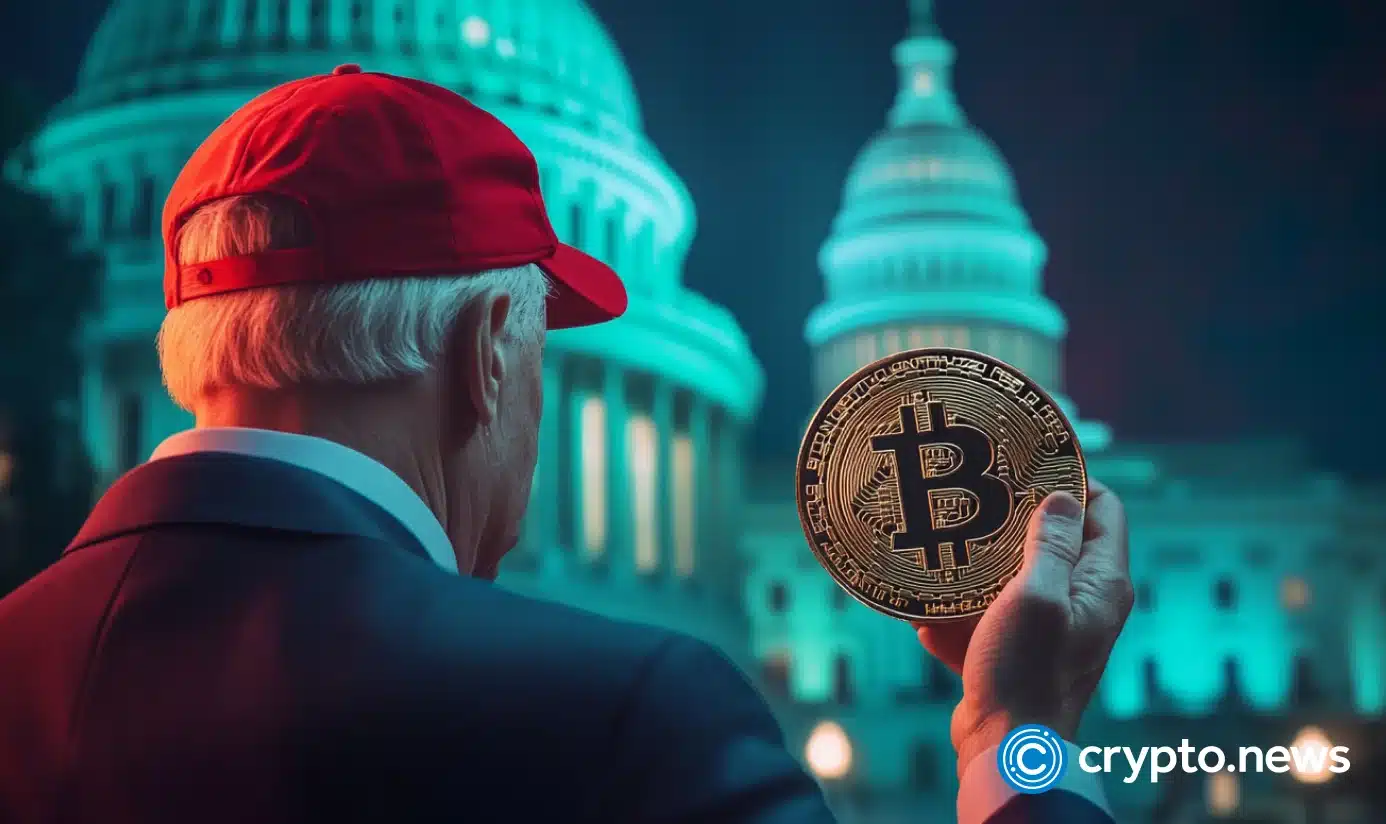
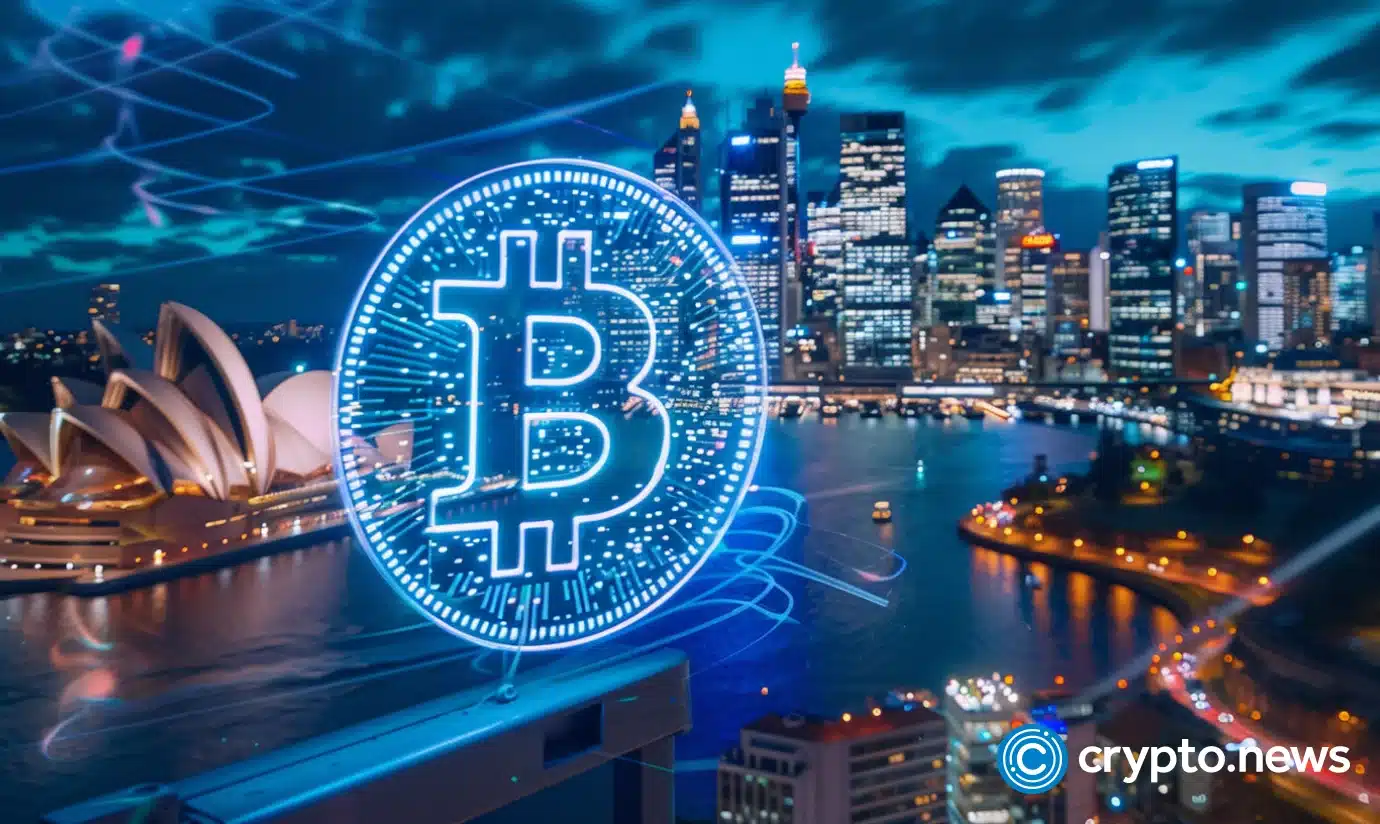
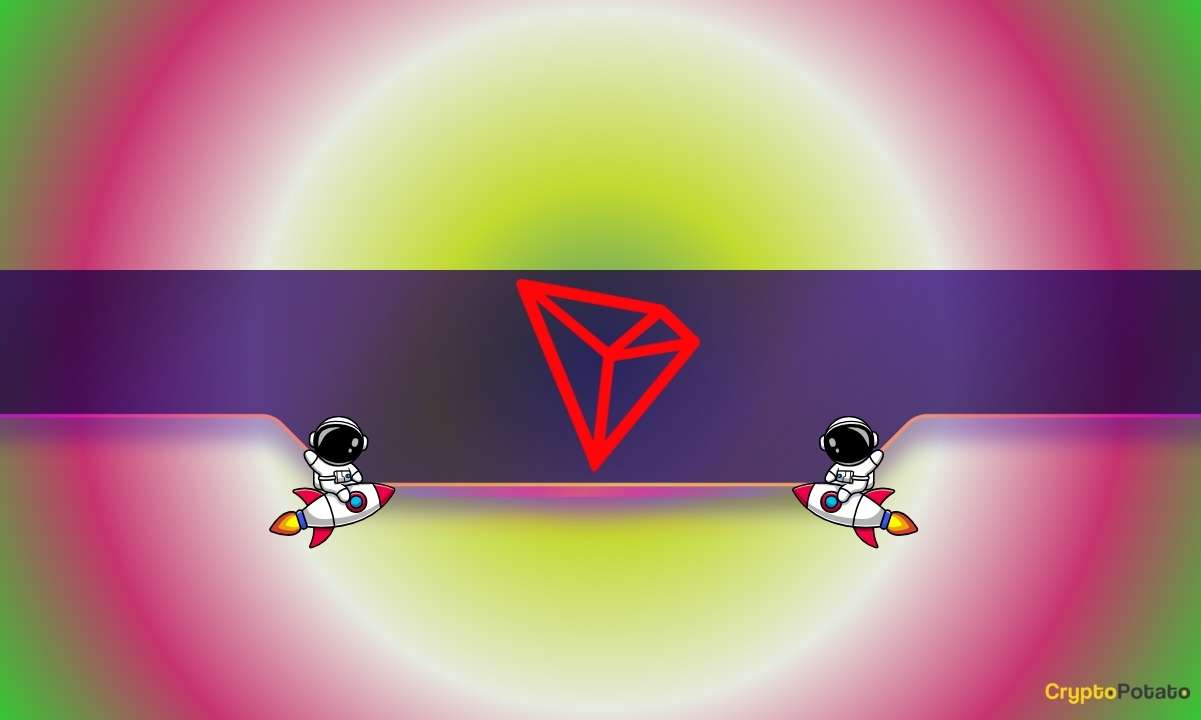

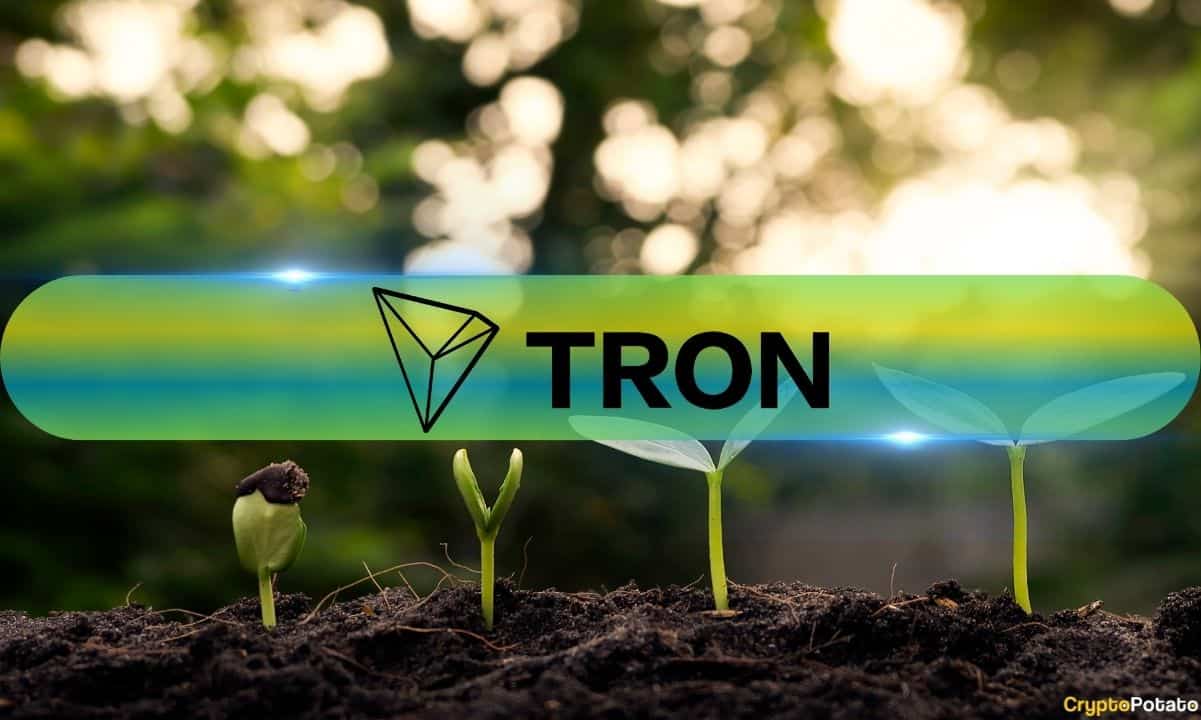



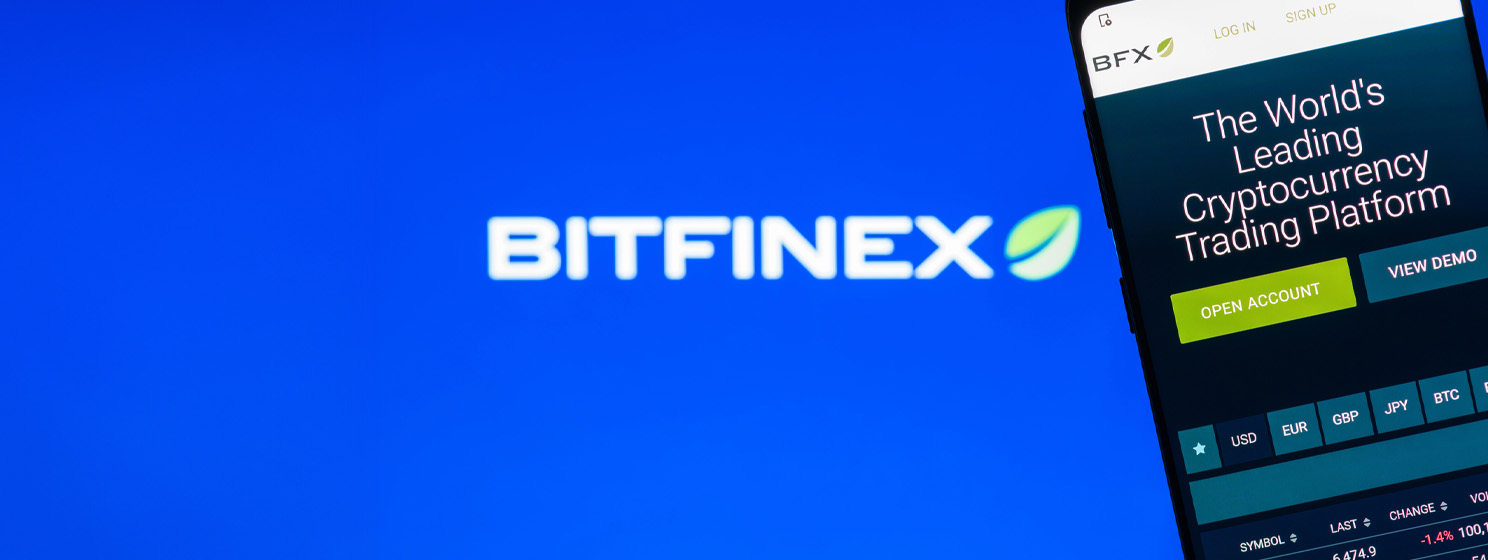

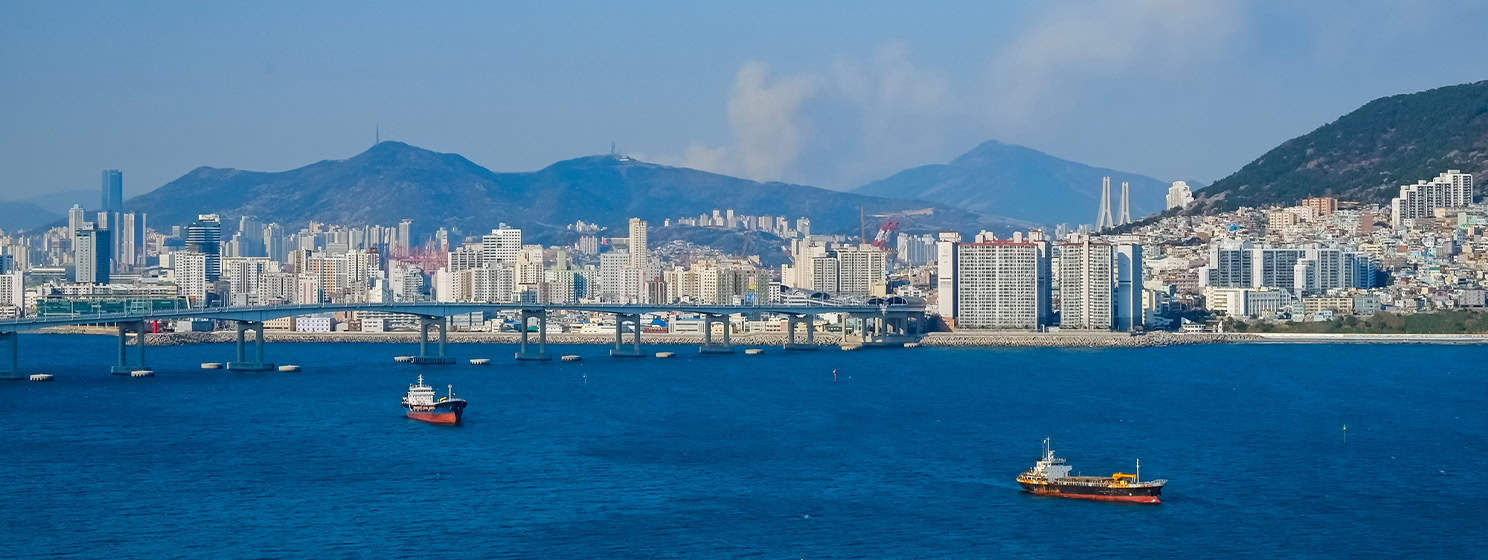



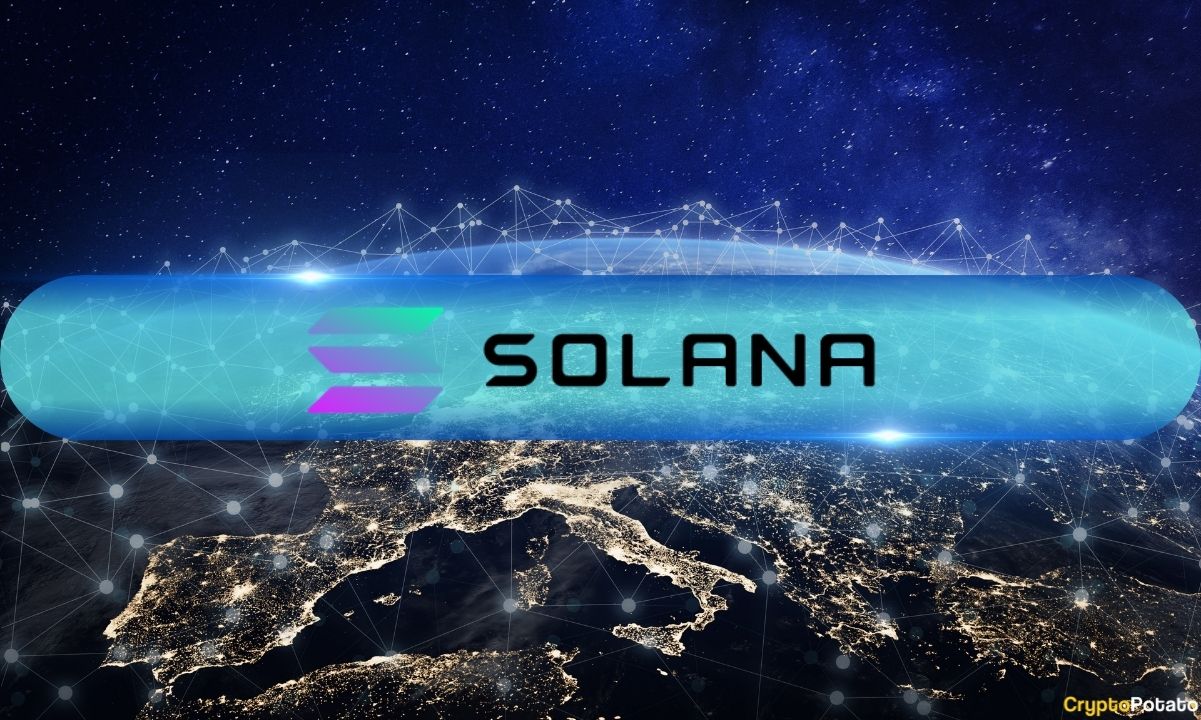
 English (US) ·
English (US) ·